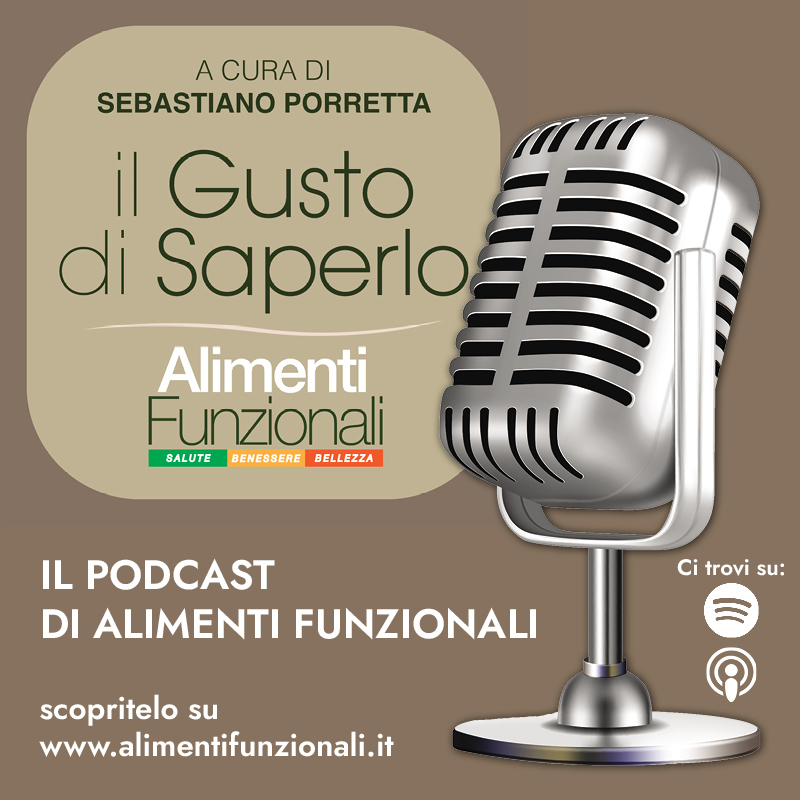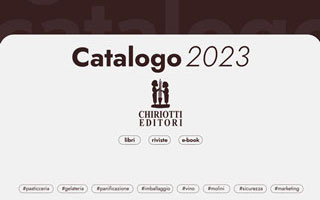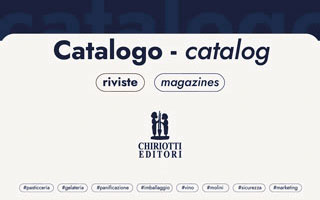
Microfiltration presents a significant opportunity to improve the functional and physical properties of milk proteins and extend the shelf life of dairy products. Commercially filtered milk is available in many main retailers in the UK. Cow’s milk is a major source of proteins for human nutrition. Unfortunately, cow’s milk allergy is one of the most common food allergies in children, affecting up to 3% of the general population. Milk processing may alter conformational and linear epitopes in allergenic proteins thereby changing the allergenicity. Masking of epitopes by a disulphide bond or interaction of proteins and components of the food matrix, such as fat, are some of the mechanisms that are used to predict the protein potential allergenicity.
The aim of an UK study was to investigate the impact of microfiltration on the protein structure of filtered milk commercially available in the UK. Commercially available milk samples from major food retailers in the UK were used for this study. Six out of the 7 samples offered both filtered and non-filtered (pasteurized) milk, whereas one milk brand (Arla) only offered filtered milk. The free thiol group was determined using Ellman’s protocol, whereas Dynamic Light Scattering was used to measure the partial size of casein in commercial filtered milk samples. Confocal laser scanning microscopy (CLSM) was used to study the structure of fat and proteins in milk, casein and cream of commercial filtered and pasteurised milk using two fluorescent stains to label fat and protein. Pasteurised milk samples from the same brand of filtered milk were used as a comparison. Results from the CLSM indicated heterogeneities in the distribution of fat and proteins associated with milk processing. All filtered samples showed that there is an extra interaction between the fat globules and proteins. The z-average of filtered milk (180 to 193 nm) samples was significantly (p <0.05) larger than pasteurised milk (154 to 174 nm) across all the commercial milk brands. Furthermore, differences were observed in the content of free thiol groups with pasteurised milk having significantly (p <0.05) higher free thiol concentration compared to filtered milk for all commercial milk brands analysed (1.04 to 1.26mM/mL and 0.79 to 0.95mM/mL, respectively).
These preliminary results, published in the Proceedings of the Nutrition Society journal indicate that microfiltration could influence the intermolecular structure by blocking the free thiol and/or binding with the milk fat globule membrane in the milk, this may indicate that microfiltration can impact milk allergenicity. Further fat-protein interactions and peptide analysis are needed to determine the mechanisms underlying these results.








